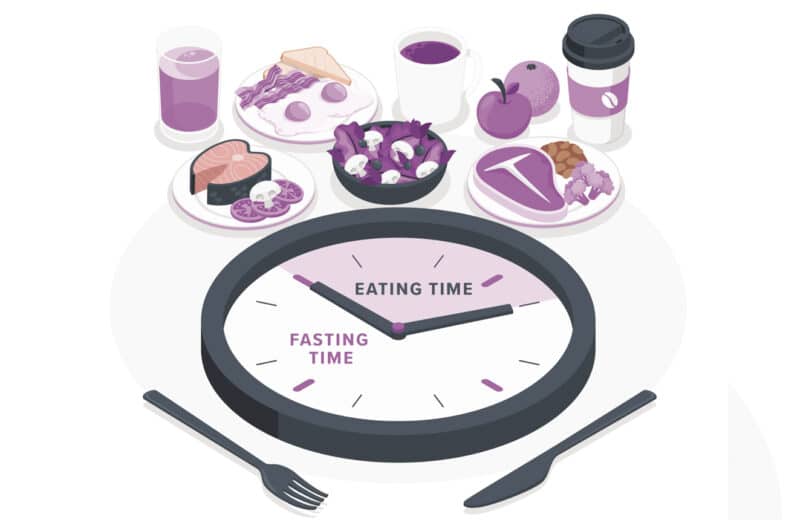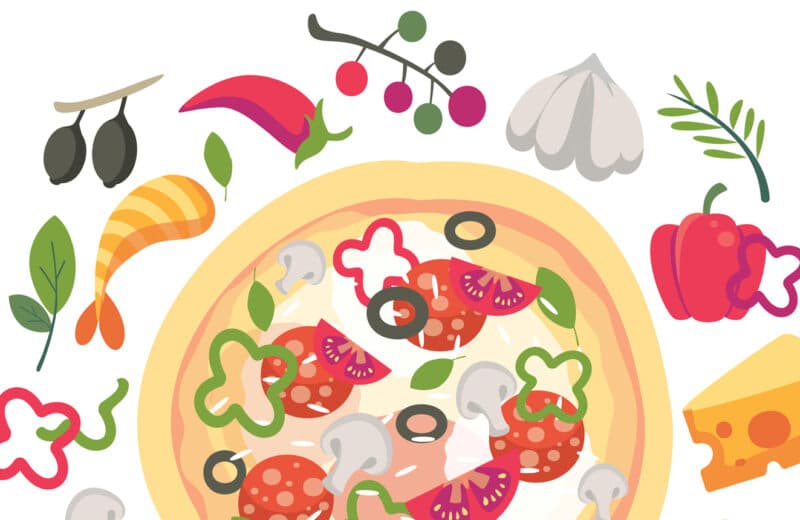Mayo Clinic Q&A
DEAR MAYO CLINIC: I’m 62 years old and am having difficulty keeping healthy weight on due to GERD and reflux. I am really confused about what foods and beverages I should avoid, and what foods will not make my reflux act up. What do you recommend mature adults who have this condition avoid, and what healthy food are best for my situation?
ANSWER: In the past, doctors recommended quite a few dietary restrictions for people who had gastroesophageal reflux disease, or GERD. But more recent recommendations advise against such restrictive diets. In fact, eliminating the wide range of foods that could be associated with reflux is no longer the norm. Instead, we now suggest only avoiding foods that you know make your symptoms worse. In addition, maintaining a healthy weight is important because being overweight has been shown to increase reflux.
Acid reflux happens when stomach acid flows back up into your esophagus — the tube that connects your throat to your stomach. Occasional acid reflux is very common. Almost everyone experiences it from time to time. Acid reflux starts to become a problem when it happens frequently or if it involves large amounts of acid.
When acid reflux leads to frequent symptoms or complications, then it’s called GERD. The most common symptom of GERD is frequent heartburn. Other signs and symptoms may include regurgitation of food or sour liquid, difficulty swallowing, coughing and chest pain. In some patients, symptoms may be worse while lying down at night.
Over the years, a long list of foods has been associated with an increase in GERD symptoms. They include caffeine, carbonated beverages, chocolate, spicy foods, highly acidic foods (such as oranges and tomatoes), and foods with high fat content. Doctors used to suggest that you completely take all of these foods out of your diet to help decrease GERD. But such a restrictive diet was hard for many people to follow. Research since then has also shown that taking away all these foods simply isn’t necessary to control GERD.
Instead, an individual approach works best. To help find the foods that make your symptoms worse, keep track of what you eat, as well as the severity of your symptoms. Then avoid the foods and beverages that seem to trigger your symptoms. Avoiding fatty foods is still recommended, however, because in addition to being a possible trigger for reflux, there is little nutritional value to these foods.
You can take a similar approach to healthy foods. Try to include a variety of healthy foods in your diet each day: fruits, vegetables, whole grains, low-fat dairy products and lean protein. If you notice an increase in symptoms when you add something new, try to steer clear of that food and see if it makes a difference. As much as possible, focus on including healthy choices in your diet.
Although extra weight isn’t a problem for you, getting to and staying at a healthy weight is important for GERD control because excess weight can make reflux worse.
If you continue to have difficulty controlling your symptoms, talk with your doctor. He or she may recommend additional GERD treatment. A consultation with a dietitian may also be helpful to find foods that work well for your situation and allow you to maintain a healthy weight. — Marcelo F. Vela, M.D., Gastroenterology and Hepatology, Mayo Clinic, Scottsdale, Ariz.
(Mayo Clinic Q & A is an educational resource and doesn’t replace regular medical care. E-mail a question to MayoClinicQ&A@mayo.edu. For more information, visit www.mayoclinic.org.)













